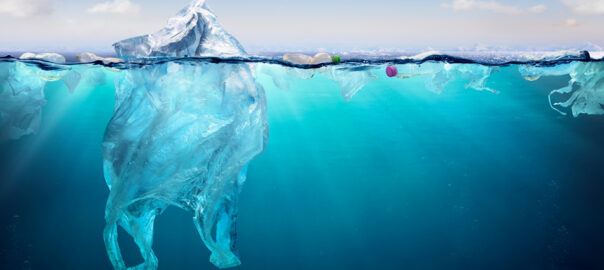
Our Plastic Earth
Cornelius Agordome, Wikimedia Commons
Soon, if not already, the weight of all the plastic in the world’s oceans will weigh more than all of the oceans’ fish, but plastic pollution is everywhere, not just in the oceans.
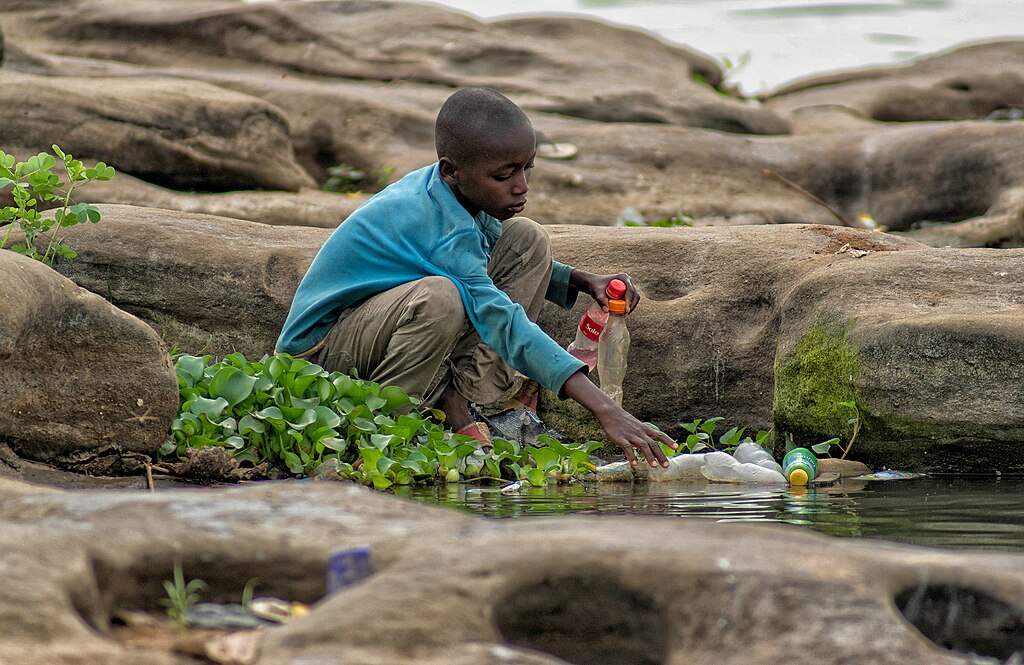
The Plastic in Our Life
Plastic pollution is everywhere, including in all our oceans. There is plastic, a lot of plastic, in the Himalayas and the Sahara. There is even plastic on Mars, left by the Curiosity Rover.
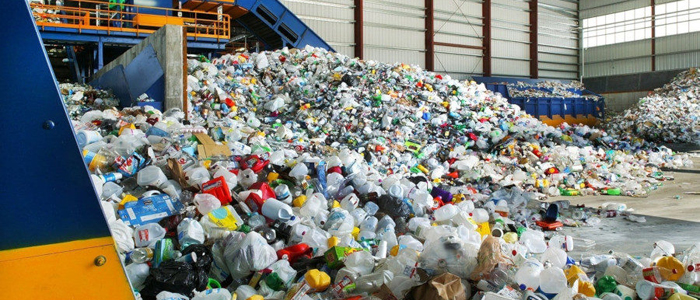
Plastic Recycling: One Chance in Twenty
Every year we manufacture an amount of plastic about equal to the weight of all the people on Earth. Plastic is designed to last for centuries, but most of it is used only once and thrown away. Only 5% of plastic is recycled in the US, by far the world’s foremost plastic-using nation.
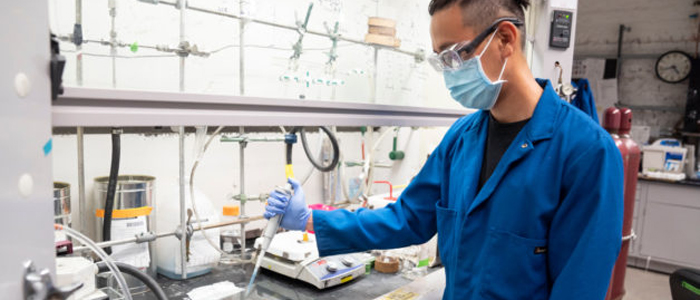
Photo: Adam Lau, Berkeley Engineering The Future of Plastic
Plastic is a miraculous material, but the plastic industry has created a global crisis. Reduce, reuse and recycle has been the approach to plastic waste, but this has failed. A new future for plastic is needed where plastic is not harmful and waste plastic is completely recycled.
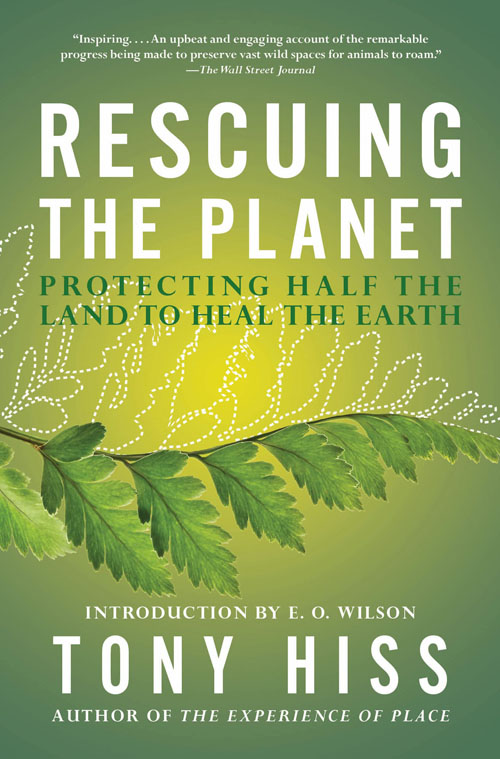
Rescuing the Planet
Protecting Half the Planet to Heal the Earth
Tony Hiss
Could it be possible to set aside half the earth’s land and sea for nature by the year 2050? Former New Yorker staff writer Tony Hiss investigated the feasibility of this ambitious idea proposed by biologist Edward O. Wilson and emerged inspired and surprisingly optimistic.
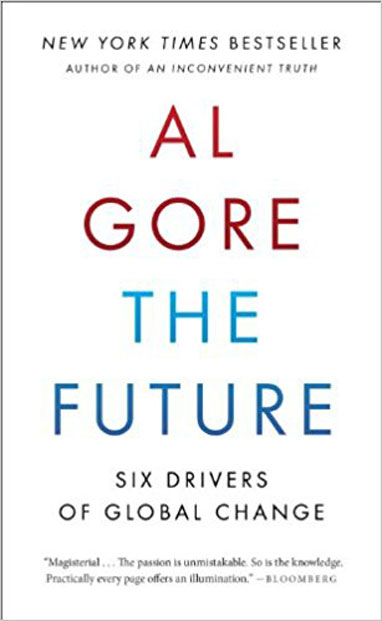
The Future
Six Drivers of Global Change
Al Gore
No period in global history resembles what humanity is about to experience. Explore the key global forces converging to create the complexity of change, our crisis of confidence in facing the options, and how we can take charge of our destiny.
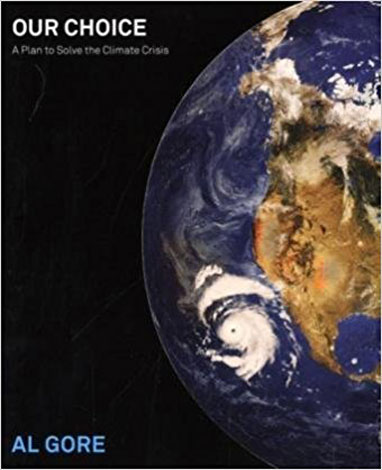
Our Choice
A Plan to Solve the Climate Crisis
Al Gore
We clearly have the tools to solve the climate crisis. The only thing missing is collective will. We must understand the science of climate change and the ways we can better generate and use energy.
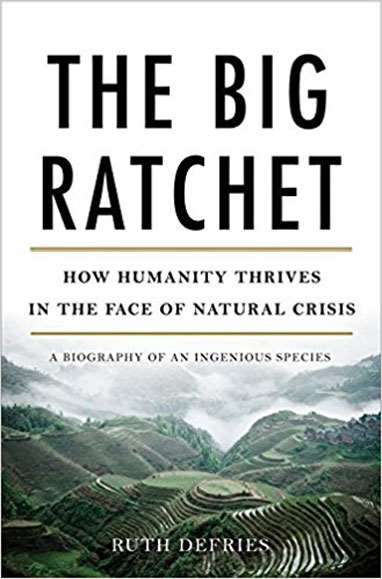
The Big Ratchet
How Humanity Thrives in the Face of Natural Crisis
Ruth DeFries
Human history can be viewed as a repeating spiral of ingenuity—ratchet (technological breakthrough), hatchet (resulting natural disaster), and pivot (inventing new solutions). Whether we can pivot effectively from the last Big Ratchet remains to be seen.
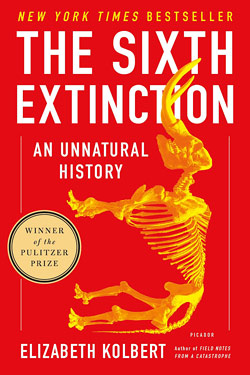
The Sixth Extinction
An Unnatural History
Elizabeth Kolbert
With all of Earth’s five mass extinctions, the climate changed faster than any species could adapt. The current extinction has the same random and rapid properties, but it’s unique in that it’s caused entirely by the actions of a single species—humans.
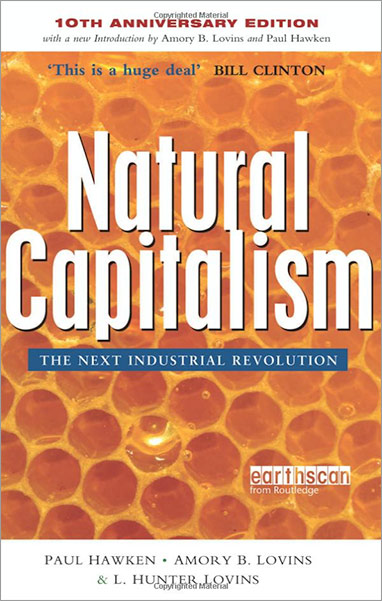
Natural Capitalism
Creating the Next Industrial Revolution
Paul Hawken, Amory Lovins & L. Hunter Lovins
A new definition of capitalism that fully values natural and human resources may hold the keys to a sustainable future.
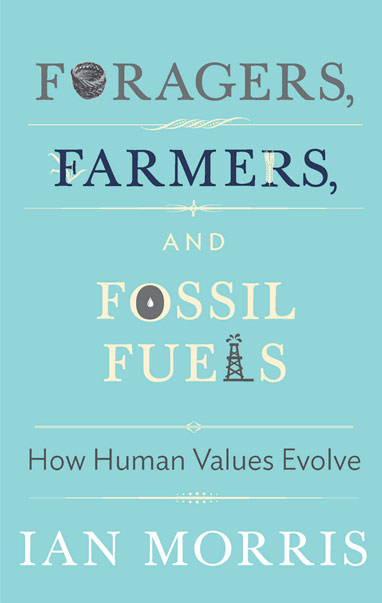
Foragers, Farmers, and Fossil Fuels
Ian Morris
Human social development, says Morris, is constantly generated by environmental and social factors. The amount of energy that can be extracted from the environment through technology defines the social possibilities, and thus influences the attitudes and world view of each epoch.
In the series: A Sustainable Planet
- Our Finite Planet
- Our Climate Crisis—and What We Can Do About It
- The Rocky Road to a Sustainable Future
- Our Looming Global Water Crisis
- Rescuing the Planet by Tony Hiss
- The Future: Six Drivers of Global Change
- Our Choice: A Plan to Solve the Climate Crisis
- The Big Ratchet
- The Sixth Extinction
- Natural Capitalism
- Foragers, Farmers, and Fossil Fuels

